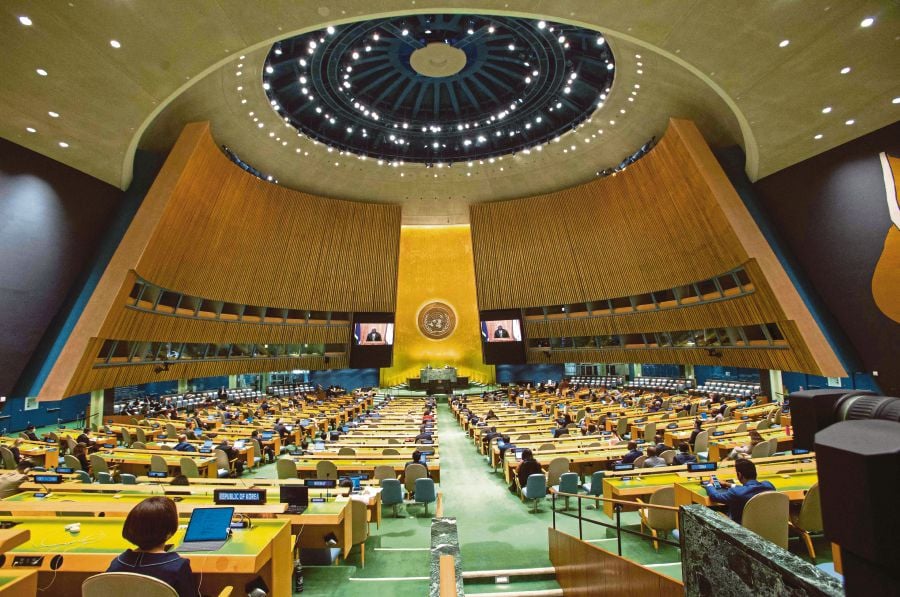In light of the now-viral recounting of a netizen who came up against a rude pharmacist, and the "that's not my problem" retort, I thought I would focus on why being polite is so important.
Impoliteness can ruin not only a person's day, but also the image of an organisation and a profession.
Being polite is not a value limited to diplomacy; it is universal. Yet, we often overlook how important politeness can be.
In the viral recounting, the four words — "that's not my problem" — ended up being the problem.
Sometimes the phrase is not considered rude. It is more often the way in which the words are said.
But then, there are also phrases that really do not need sarcasm to convey the message. Unfortunately, "that's not my problem" is one of them.
At the KL Gateway Mall off-site vaccination centre recently, a similar incident occurred.
A woman waiting in a queue had asked a volunteer a question about the filled-out form.
The response she received was a long-drawn-out sigh, followed by a voice that kept rising in aggravation to the point that people two floors down could have heard it.
To give the woman her due, at the end of the volunteer's tirade, she politely said, "thank you", and walked back to her seat. What composure.
Often we are taught to give as good as we get.
When someone starts spoiling for a fight, we rise to the occasion and do not budge an inch.
The woman's response was way better: be the better person by
not slipping up on your etiquette.
I am sure it took a lot of will-power not to yell back, but in the end, she showed exactly whose parents raised the better child.
The power of a "thank you" cannot be underestimated.
In the virtual world, acknowledging receipt of an email or an SMS is important.
It is the height of disrespect to ignore a message, particularly one that requires a response.
In diplomacy, the importance of being polite goes without saying. It is a small and closed circle that diplomats — of every nationality, background and expertise — live in.
We often hear of negotiators who, when presented with the most ridiculous of proposals, have to somehow find a way of saying "no" politely.
The more accomplished ones often find novel ways of doing so.
One ambassador played up to the proposer of a resolution's vanity and in so doing, persuaded him that it would be beneath him to even think of presenting the resolution to the United Nations membership.
Another riddled the concept paper with so many loopholes that the sponsor of the resolution decided it was not worth the effort.
Many others would have their own stories to tell.
But mine is of a singular man who stood out in the crowd of polite society, whose enduring patience to his colleagues made him a prime example of inherent politeness.
Bruno Diatta was born in 1948 and was approaching 70 when I met him.
As chief of protocol for the presidency of Senegal, he had served four presidents and was in the employ of the fifth.
For more than 20 years, it was Diatta who would explain to each and every new ambassador the process of the presentation of credentials.
And because he was old-school, the briefing would be conducted one to one, and privately.
Out of all his tasks as chief of protocol, one of his most tedious jobs must have been to explain, again and again, to different people how they would be presented to the president.
I am sure that in his long career, he must have heard every single question imaginable.
But at no point, and with no one, did he ever show his tiredness or aggravation for the question posed.
His enduring patience went a long way in helping new envoys adjust and feel welcomed.
Being polite may seem like a very common, basic courtesy, but you would be surprised by the number of trainers who have to teach this most basic of skill to a workforce.
It is sad to know just how much of a money-maker the teaching of this trait is, and how even in diplomacy it is becoming a rare skill.
The writer is a foreign service officer, with views on international affairs



